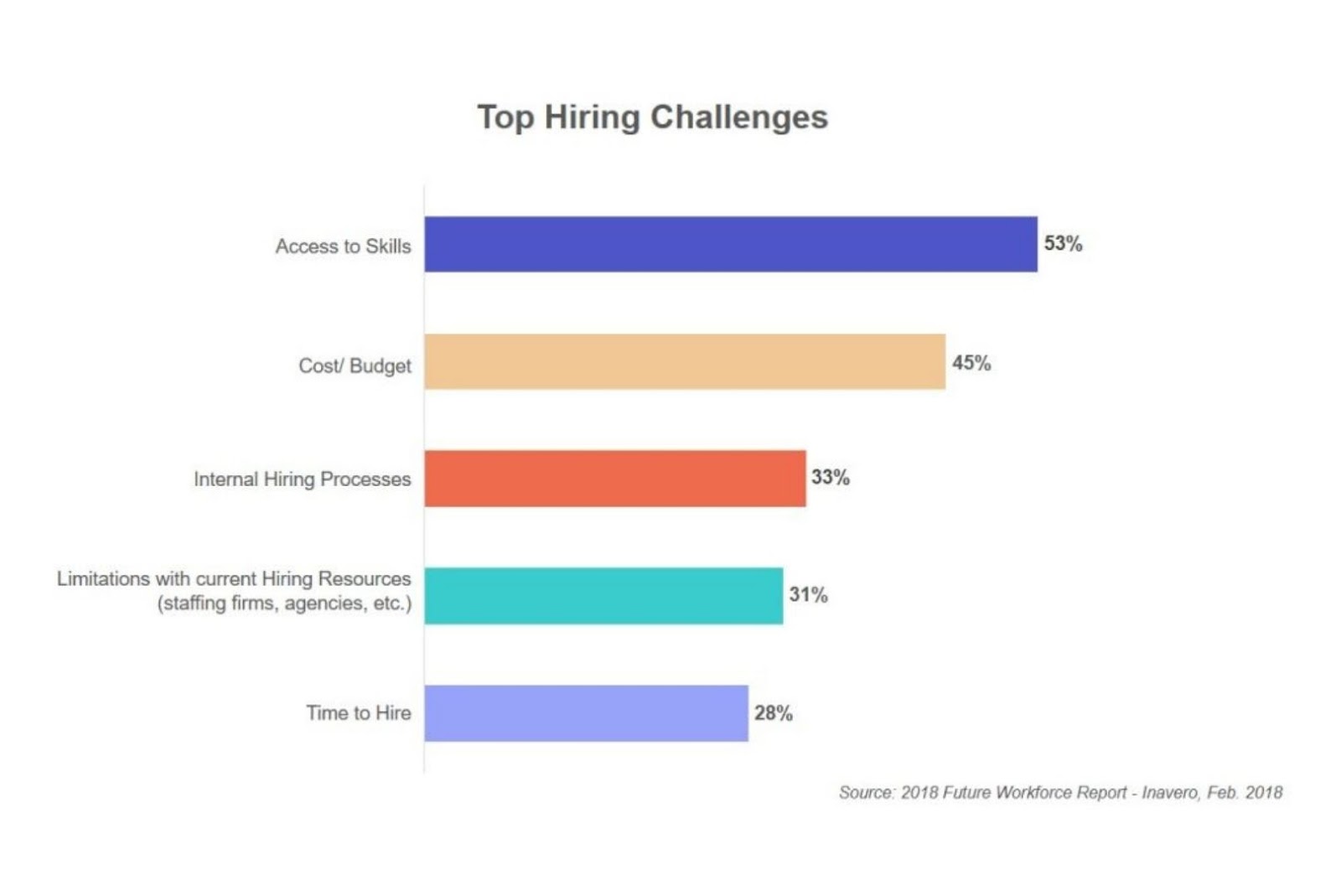
A supply management consultant is an expert in supply chains. The supply chain consultant is an expert in managing supply chains and has extensive knowledge of manufacturing. A consultant who is well-versed and knowledgeable in manufacturing should also have a good understanding of the business process. This will help them provide a more practical approach for the project's requirements.
Career path
A career as a supply-chain consultant may interest you if you are interested in the supply chain. This role involves identifying and helping to implement change in specific areas. This role requires a lot of analytical work as supply chain consultants must be proficient in various systems and advanced analytics tools.
Supply chain consulting is a rewarding career that can offer great rewards. Consultants help clients fulfill their customer service promises and maximize profits. However, it is not the best career choice for every young professional. This job requires extensive analysis and can have a direct influence on a company's operations.

A supply chain consultant can be self-employed or work for consulting firms or business-to-business service providers. Some accounting firms also offer consulting services. You can search for supply chain consultant jobs online. In time, supply chain consultants can progress to positions with greater responsibility and pay. However, senior consultant positions are rare.
Education requirements
Although the education requirements for supply chain consultants vary, they all require a bachelor's degree. Business is the most commonly chosen major. However, some colleges offer a special supply-chain management major. Candidates can choose to specialize in specific industries such as manufacturing, transportation or government projects.
Supply chain consultants often work with other people, such as production and procurement directors. They need to be able and willing to work in a team to achieve shared goals. As this role requires them to lead a group, it is important to develop leadership skills. These skills will help you in managing projects and teams.
Supply chain consultants help clients streamline their logistics network. They work closely with managers to determine problems and suggest ways to reduce costs and increase efficiency. They also consult with clients to evaluate their current processes and propose alternative methods. These professionals must possess strong interpersonal skills and excellent analytical skills.

Salary
A supply-chain consultant works with companies to optimize logistics, coordinate processes among multiple domestic and overseas distribution centers, and so on. This role pays an average base salary of $60,146 per year, but the range can range from $31,000 to $89,000. They are responsible for overseeing the company's purchasing department. They also analyze historical data to identify potential vendors and suppliers of raw materials. Once in place, they negotiate contracts and manage suppliers.
There are many factors that determine the salary of a supply-chain consultant. The education and experience of supply chain consultants will influence the average salary. It also depends on where they work. The accuracy of the salary information on salary comparison websites cannot be guaranteed. You should always confirm salary figures with your potential employer.
There are many job titles that can be included in the category of supply-chain consultants. They can be part of a supply-chain team or independent. These professionals are responsible for managing the purchasing policies of a company. They are responsible for helping the company reach its goals and maximising profits. Another position within the supply chain is the Purchasing Assistant, which manages the administrative aspects of purchasing, including follow-up with suppliers and customers. They also work with the Operations Buyer and Supply Chain Manager to manage the procurement process. They also have the option to work with the Transportation & Logistics Buyer. He specializes in the negotiations of transport and storage equipment.
FAQ
How do I choose the right consultant?
Three main factors should be considered:
-
Experience - How skilled is the consultant? Is she an expert, beginner, intermediate or advanced consultant? Do her qualifications and knowledge show on her resume?
-
Education - What did this person learn during school? Did he/she take any relevant courses after graduating? Do we see any evidence of this learning in the way he/she writes?
-
Personality – Do we like this person/person? Would we hire him/her to be our employee?
-
The answers to these questions help determine if the consultant is right for our needs. If the answers are not clear, it may be worthwhile to interview the candidate in person to get more information about them.
Why do you need consultants?
There are many reasons why you might need to hire consultants:
-
Your organization may have a specific project or problem that needs solving
-
You are looking to learn new skills or improve your existing skills
-
You want to work closely with experts in a certain field
-
You have no other choice but to do the job.
-
It's overwhelming to see all the information, and you don't know how to get started.
-
It's impossible to afford to hire someone full-time.
Referrals are the best way for you to find a qualified consultant. Ask your friends and family if they know of any reliable consultants. Ask your friends and family for referrals if you know someone who is a consultant.
If you choose to use online directories such LinkedIn, make sure to use the "Search People” function to locate consultants in your area.
How do you get clients for your consultancy business?
Find an area that you are passionate about. You could choose anything from public relations to social media, but it should be something you love. You may need to start small and find a niche market like web design. Once you have identified the niche, be sure to fully understand its characteristics. What problems does it solve? Why should people use it? And most importantly, how can you help them?
You can also approach businesses directly.
If all else fails why not offer your services to free events like conferences and networking evenings? It's a great way to get in touch with potential customers, without spending too much on advertising.
Can anyone be a consultant?
Consultants are people who help you reach your goals by giving advice about how to make it better, faster, or cheaper.
A consultant may help you solve problems, make decisions, or negotiate with others.
Consultants are often hired to help with specific tasks and projects.
In fact, most consultants are paid hourly or daily rates rather than per project.
What's the difference between an advisor and a consultant?
An advisor provides information about a topic. A consultant is able to provide solutions.
A consultant works directly alongside clients to help them realize their goals. An advisor advises clients indirectly through books, magazines, lectures, seminars, etc.
Statistics
- According to IBISWorld, revenues in the consulting industry will exceed $261 billion in 2020. (nerdwallet.com)
- WHY choose me: Why your ideal client should choose you (ex: 10 years of experience and 6-week program has helped over 20 clients boost their sales by an average of 33% in 6 months). (consultingsuccess.com)
- So, if you help your clients increase their sales by 33%, then use a word like “revolution” instead of “increase.” (consultingsuccess.com)
- Over 62% of consultants were dissatisfied with their former jobs before starting their consulting business. (consultingsuccess.com)
- On average, your program increases the sales team's performance by 33%. (consultingsuccess.com)
External Links
How To
What does a typical consultant's day look like?
Depending on what type of work you do, your typical day may vary. But generally speaking, you will spend time researching and planning new ideas, meeting clients, and preparing reports.
You'll often have meetings with clients where you can discuss issues and solve problems. These meetings can be conducted over the phone, by email, face-to-face, or online.
The proposal is a document that outlines your ideas and plans to clients. You'll need to discuss your proposals with a mentor, colleague, or friend before you present them.
After all the preparation, you'll need to start creating content. You might be creating articles, videos, editing photos, writing interviews, or designing websites.
You may need to conduct research depending on the scope of your project to find relevant statistics and figures. This could include finding out how many customers your company has and whether they purchase more than one product.
Once you have all the information needed, it is time for clients to see your findings. Your findings can be presented orally or written.
After the initial consultation, it is important to follow up with clients. You could phone them occasionally to check on things or send an email asking them to confirm that you have received their proposal.
Although it takes time, this process is worth it. It's also important to keep your eyes on the prize and maintain good relations with clients.